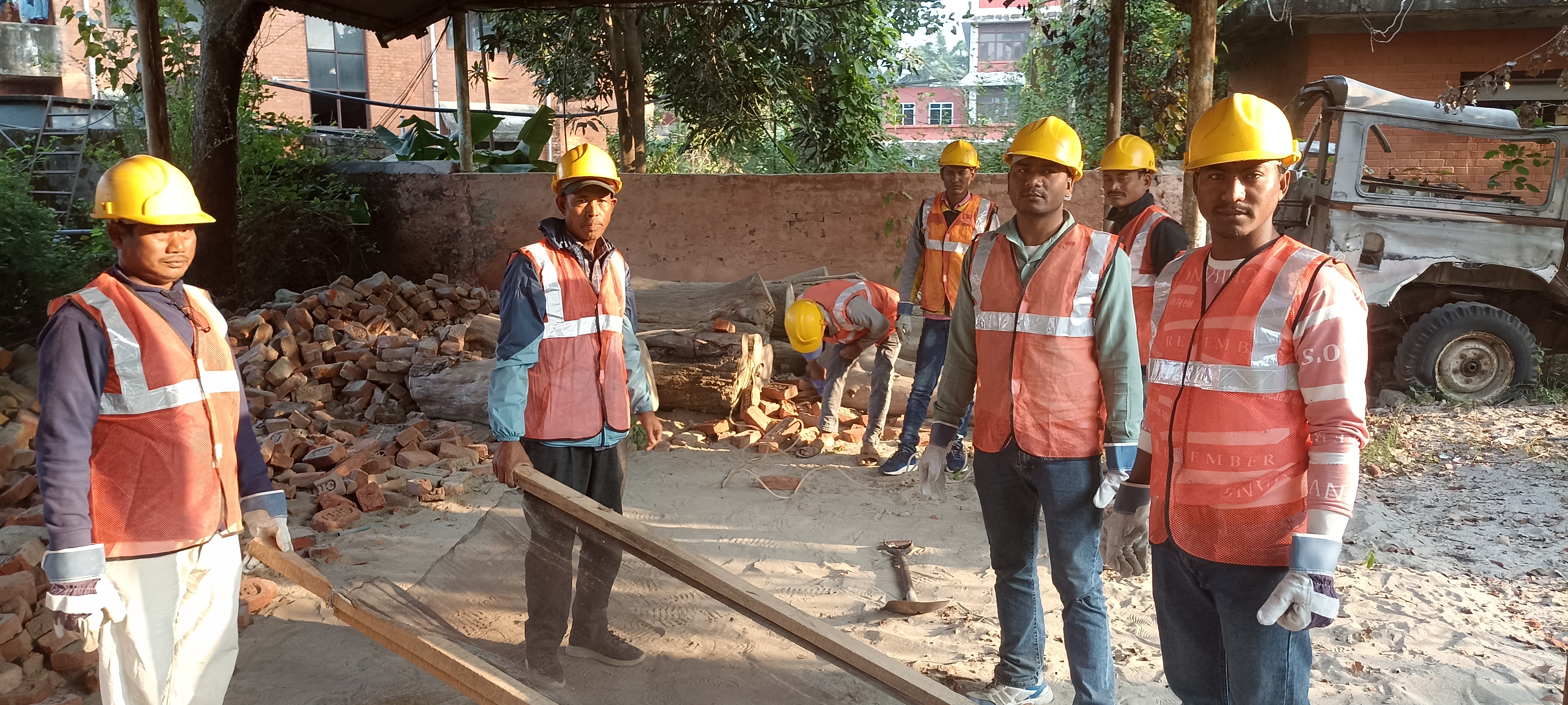How to apply for RPL?
To apply for skill testing through RPL, interested individuals can obtain information and application forms from various sources, including the National Skill Testing Board website, government websites, or provincial offices of the Council for Technical Education and Vocational Training (CTEVT). Required documents include photographs, citizenship certificates, proof of experience, and, for those returning from foreign employment, relevant documents translated into English.
Applications must be submitted within specified deadlines to designated skill test centers. Unregistered or late submissions will not be considered. After submission, applicants receive counseling and test information via SMS.
For further assistance and information regarding RPL skill testing, individuals can contact the National Skill Testing Board or relevant government offices.

Who can apply for RPL?
RPL is an open platform for individuals who are interested in having their knowledge and skills recognized irrespective of where they were acquired. Anyone can apply for RPL if he/she thinks he/she has already gained the skills and knowledge required for a major task or entire qualification.
The following individuals are potential RPL applicants:
- Adult learners with skills related to the qualification/major tasks but are under-qualified or unqualified for their positions.
- School leavers who aspire to move up their qualifications.
- Employees from the organization who would like to use RPL in their staff training and development.
- Employees who need a skill certificate in their promotion.
- Individuals who need evidence/recognition of their skills to apply for a defined job.
- Skilled workers who aspire to take their career ahead according to NVQF/NQF
- Departing overseas workers who want their skills properly recognized and certified to enjoy access to decent work in the receiving countries.
- Returning overseas workers who seek formal recognition of their experiences gained while working abroad, and consequently re-integration into the country’s labor force.